Spice Up America: 7 Native Foods That Will Blow Your Mind (And Taste Buds)
Table of Contents
- Introduction
- Top 7 Native American Foods
- Spice Hacks for Each Dish
- Spice Comparison Table
- Conclusion
Introduction: When Spices Meet the Spirit of the Wild West
America might not be the first country that comes to mind when you think about spices, but let’s not forget—long before burgers and fries became fast food staples, there was a whole continent full of flavor waiting to be discovered.
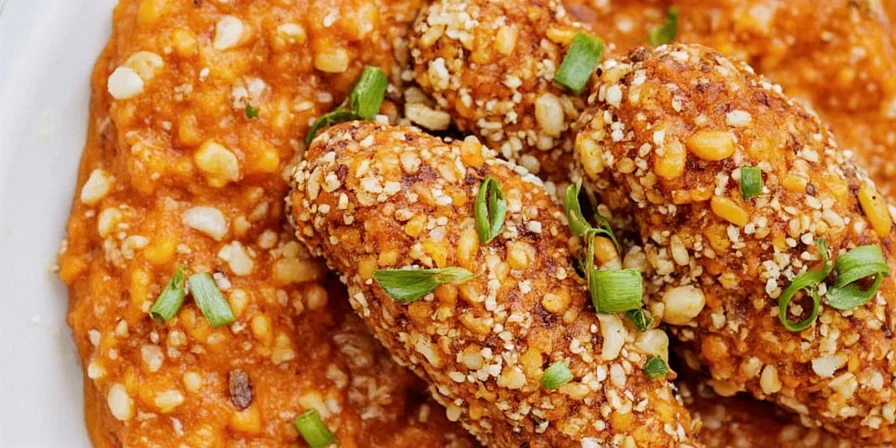
The indigenous tribes of North America had their own rich spice traditions. From wild herbs to bold peppers, these foods were seasoned with wisdom passed down through generations. So, let’s dig into the roots of American cuisine and uncover how spices can turn these traditional dishes into something extraordinary.
Top 7 Native American Foods You’ve Probably Never Tried (But Should!)
Let’s take a flavorful journey across the land that would become the United States and explore some of the most iconic foods native to this continent:
- Turkey (Yes, the Thanksgiving Star!)
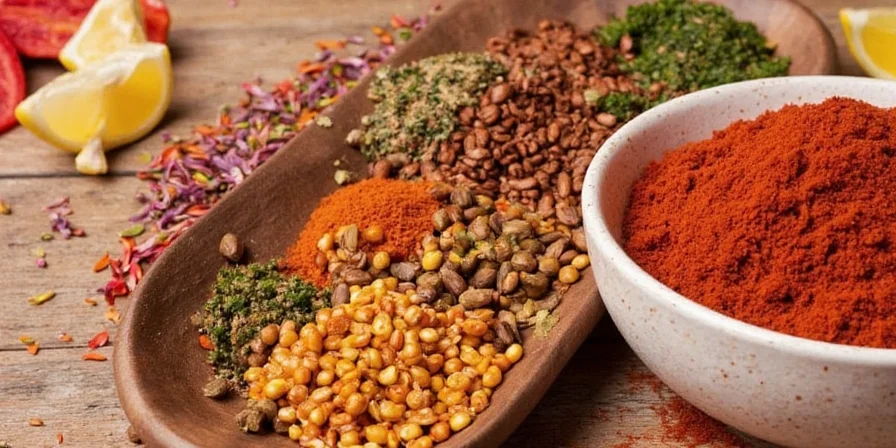
Long before it was drenched in gravy, turkey was smoked, roasted, and spiced with wild herbs by Native Americans. The secret? Cedar smoke and crushed juniper berries.
- Sunflower Seeds
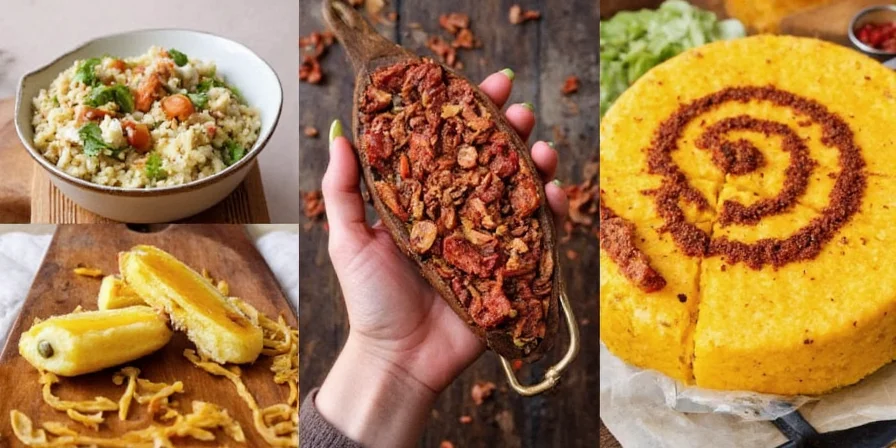
These little powerhouses were ground into paste or eaten raw. Add a kick with chili powder and a touch of honey for a trail mix that screams frontier!
- Persimmons
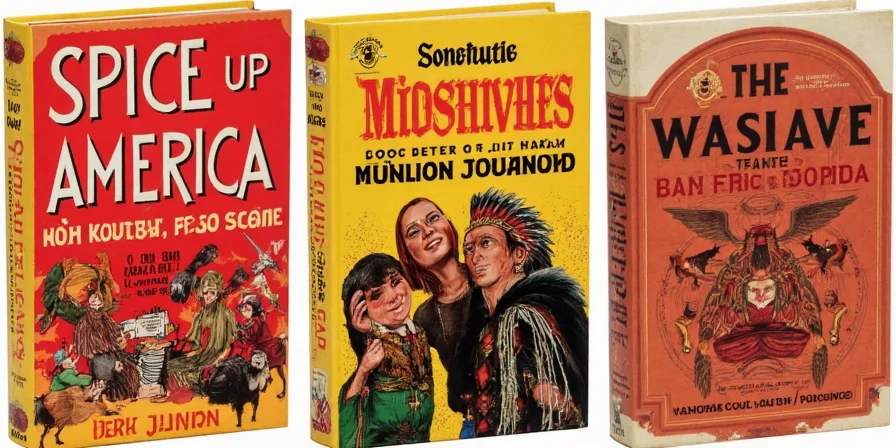
Naturally sweet but often overlooked, persimmons can be dried, baked, or made into pudding. A dash of cinnamon and nutmeg will bring out their hidden potential.
- Pemmican
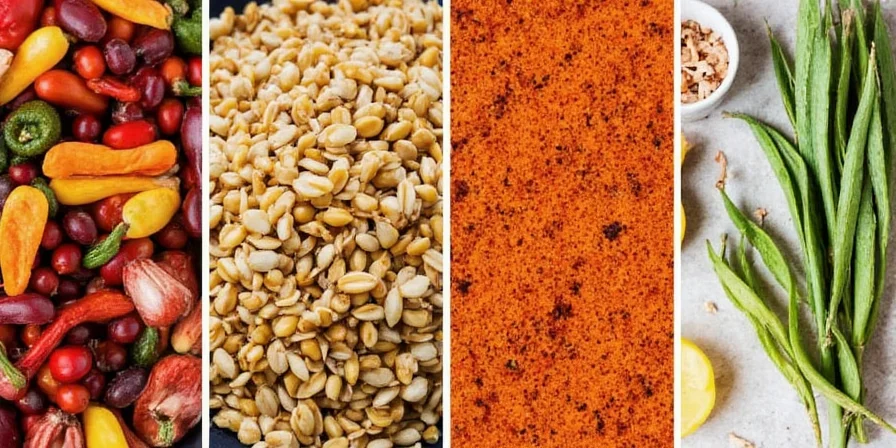
This portable superfood was made from dried meat, fat, and sometimes berries. Add a pinch of smoked paprika or dried onion for a modern twist.
- Corn (Maize)
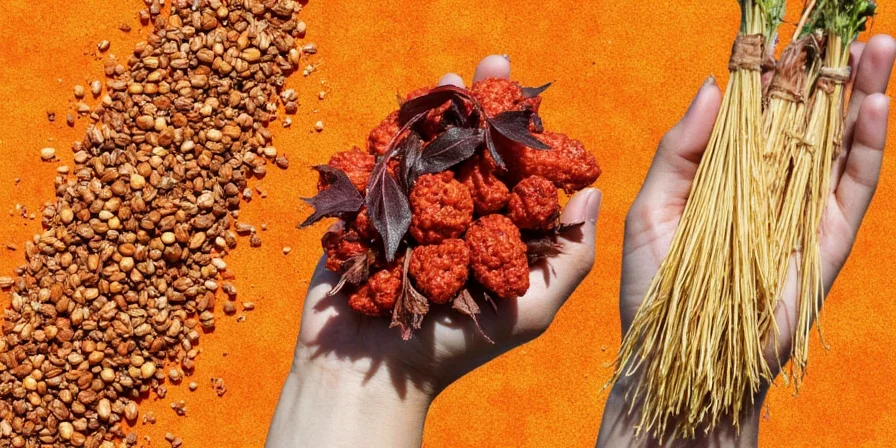
Used in everything from bread to porridge, corn is a staple. Try grilling fresh ears with cumin and lime for a smoky summer treat.
- Squash (Including Pumpkin!)
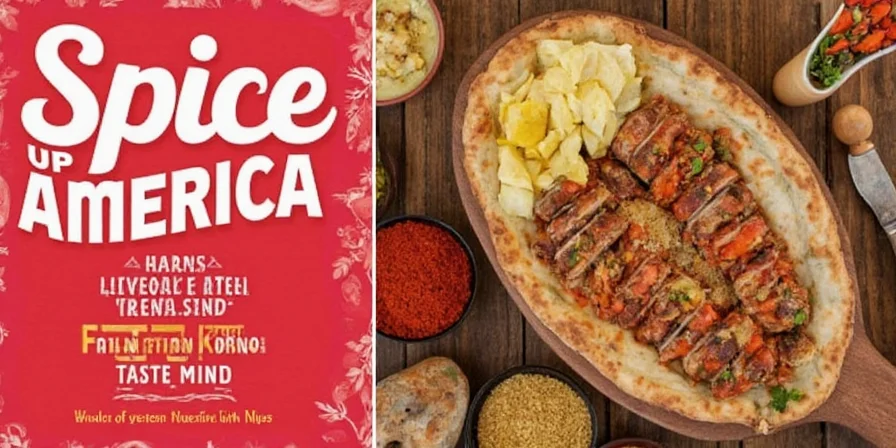
Squash was one of the “Three Sisters” crops. Roast it with garlic and rosemary for a side dish that honors tradition while tantalizing your taste buds.
- Wild Rice
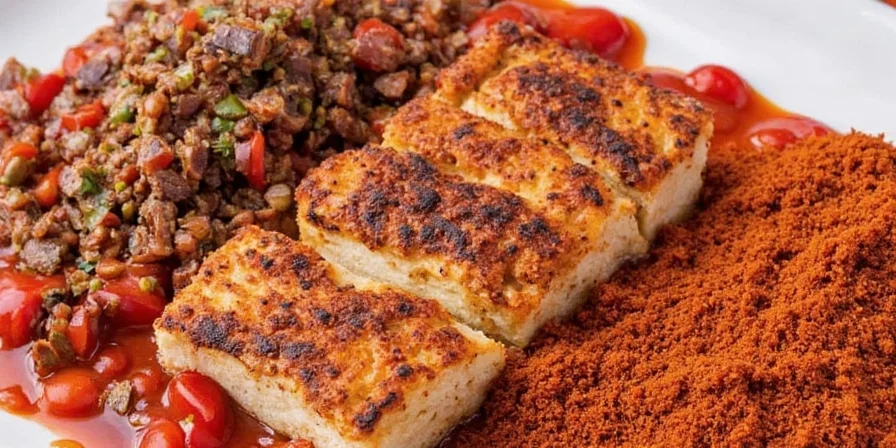
Technically a grass, wild rice was sacred to many tribes. Cook it with bay leaves, thyme, and a splash of balsamic vinegar for a fragrant, earthy base.
Spice Hacks for Each Native Dish
Now that we’ve got the ingredients covered, let’s dive into how to turn these old-school staples into modern-day flavor bombs.
1. Turkey: Cedar & Juniper Magic
- Cedar chips: Soak them before using on the grill or smoker for that authentic woodsy aroma.
- Juniper berries: Crush them slightly to release the piney scent. Great rubbed onto the skin before roasting.
2. Sunflower Seeds: Trail Mix Upgrade
- Chili powder: Toss with seeds and a drizzle of olive oil before baking.
- Honey + Smoked Salt: A sweet-and-salty combo that’ll make you forget granola bars ever existed.
3. Persimmons: Cinnamon Dreams
- Cinnamon sticks: Simmer them with chopped persimmons for a fall-forward jam.
- Nutmeg: Sprinkle over slices before drying or baking for a warm, comforting note.
4. Pemmican: Savory Meets Bold
- Smoked Paprika: Adds depth without overpowering the meaty flavor.
- Dried Onion Flakes: Just enough bite to balance the richness of the fat and meat.
5. Corn: Grilled Goodness
- Cumin: Earthy and aromatic, perfect for grilled corn.
- Lime zest: Brings brightness to every juicy kernel.
6. Squash: Garlic-Rosemary Glow-Up
- Fresh rosemary: Chopped and tossed with cubed squash before roasting.
- Roasted garlic: Smeared on top for an umami-rich finish.
7. Wild Rice: Herb-Infused Elegance
- Bay leaves: Infuse the water while cooking for subtle background flavor.
- Thyme & Balsamic Vinegar: Stir in after cooking for a tangy, savory twist.
Spice Comparison Table: Native Foods vs. Modern Spice Blends
| Native Food | Traditional Use | Modern Spice Hack | Flavor Profile |
|---|---|---|---|
| Turkey | Roasted or smoked with cedar | Juniper + Cedar Chips | Earthy, Woody |
| Sunflower Seeds | Eaten raw or made into paste | Chili Powder + Honey | Spicy-Sweet |
| Persimmons | Dried or made into pudding | Cinnamon + Nutmeg | Warm, Fruity |
| Pemmican | Survival food with dried meat + berries | Smoked Paprika + Dried Onion | Smoky, Umami |
| Corn | Ground into flour or eaten fresh | Cumin + Lime Zest | Citrusy, Smoky |
| Squash | Roasted or boiled | Rosemary + Roasted Garlic | Herby, Rich |
| Wild Rice | Steamed or made into soup | Bay Leaf + Thyme + Balsamic | Earthy, Tangy |
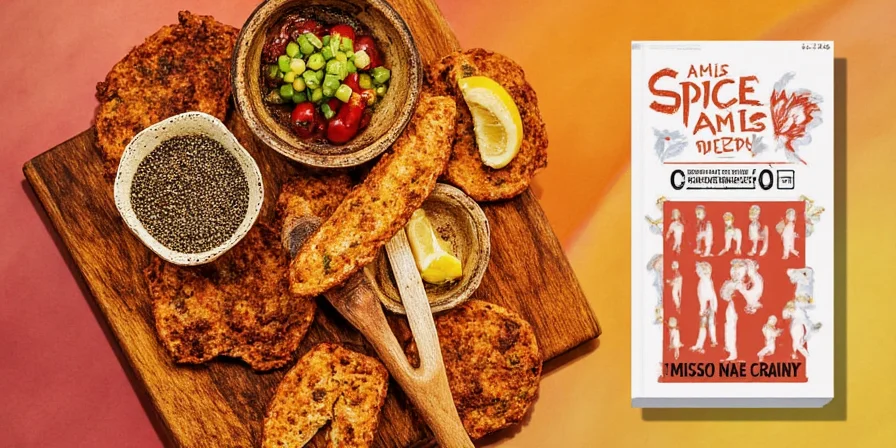
Conclusion: The Spice of Life Is Rooted in Native Traditions
In the world of global spice traditions, it’s easy to overlook the flavors that come from right here in the USA. But if you’re looking to add some serious depth to your cooking, look no further than the foods native to this land—and the spices that elevate them.
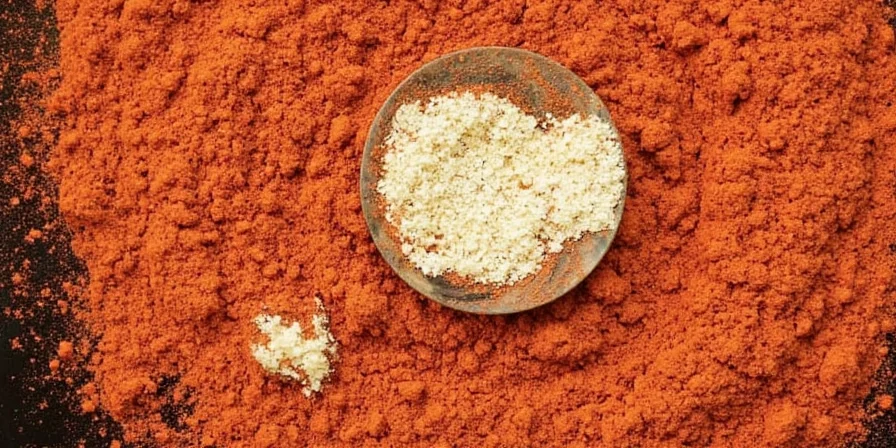
Whether you're roasting turkey with cedar chips or spicing up sunflower seeds for a trail snack, these tips show that tradition and innovation go hand-in-hand. Don’t just stick to the basics—explore the spice heritage of America and bring history to your plate with every bite.

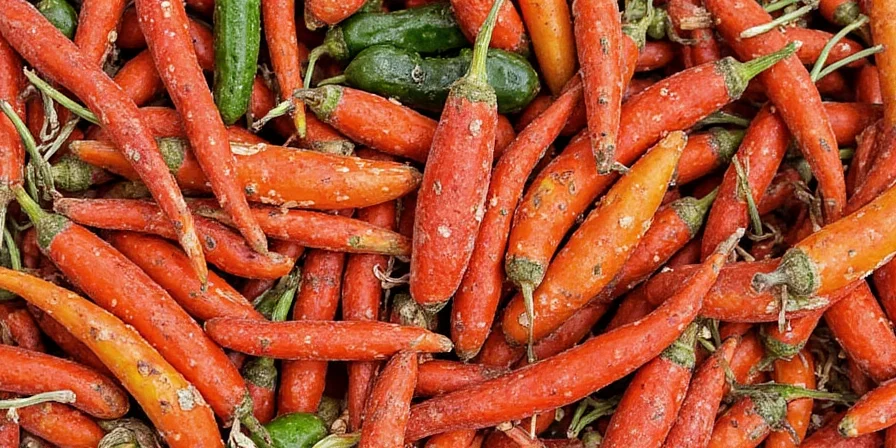









 浙公网安备
33010002000092号
浙公网安备
33010002000092号 浙B2-20120091-4
浙B2-20120091-4